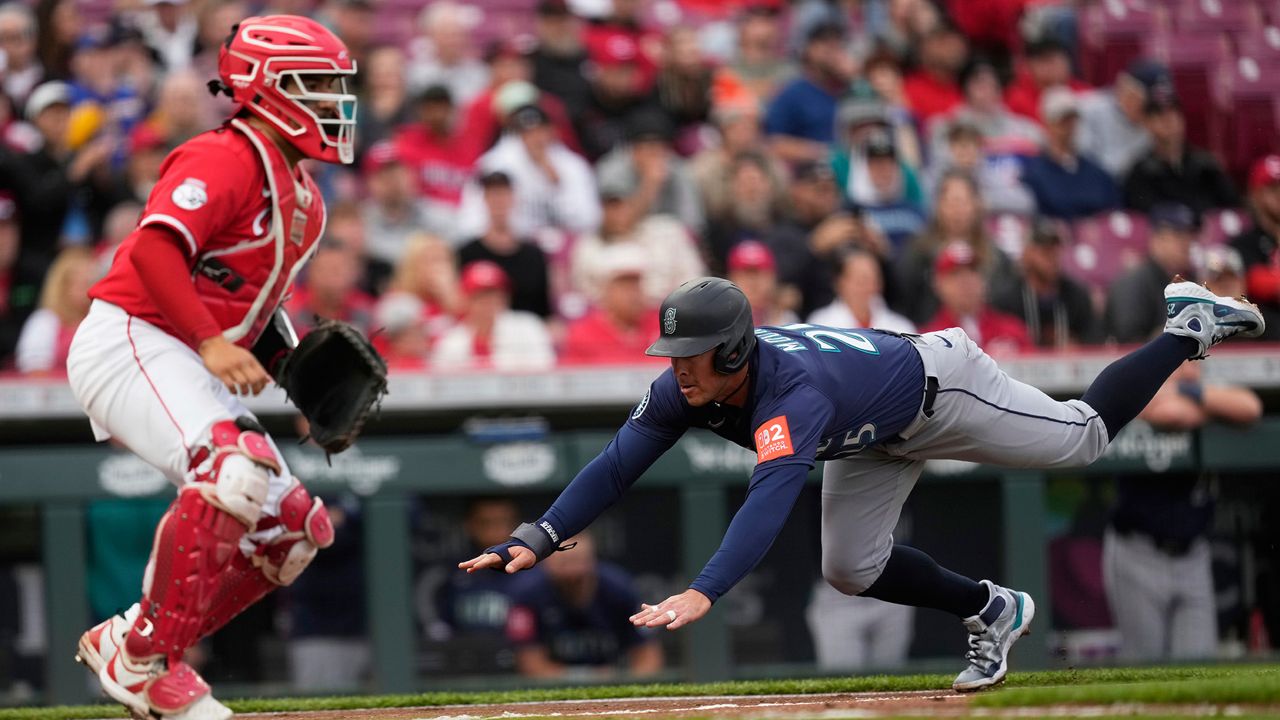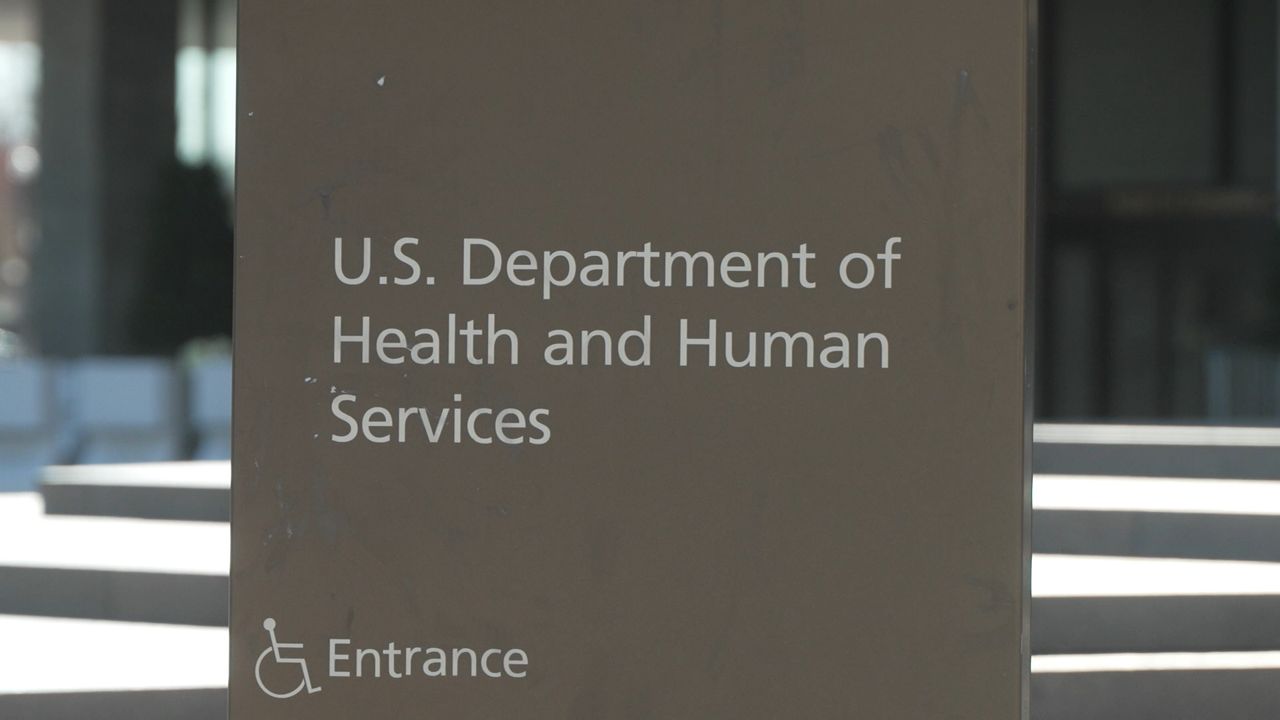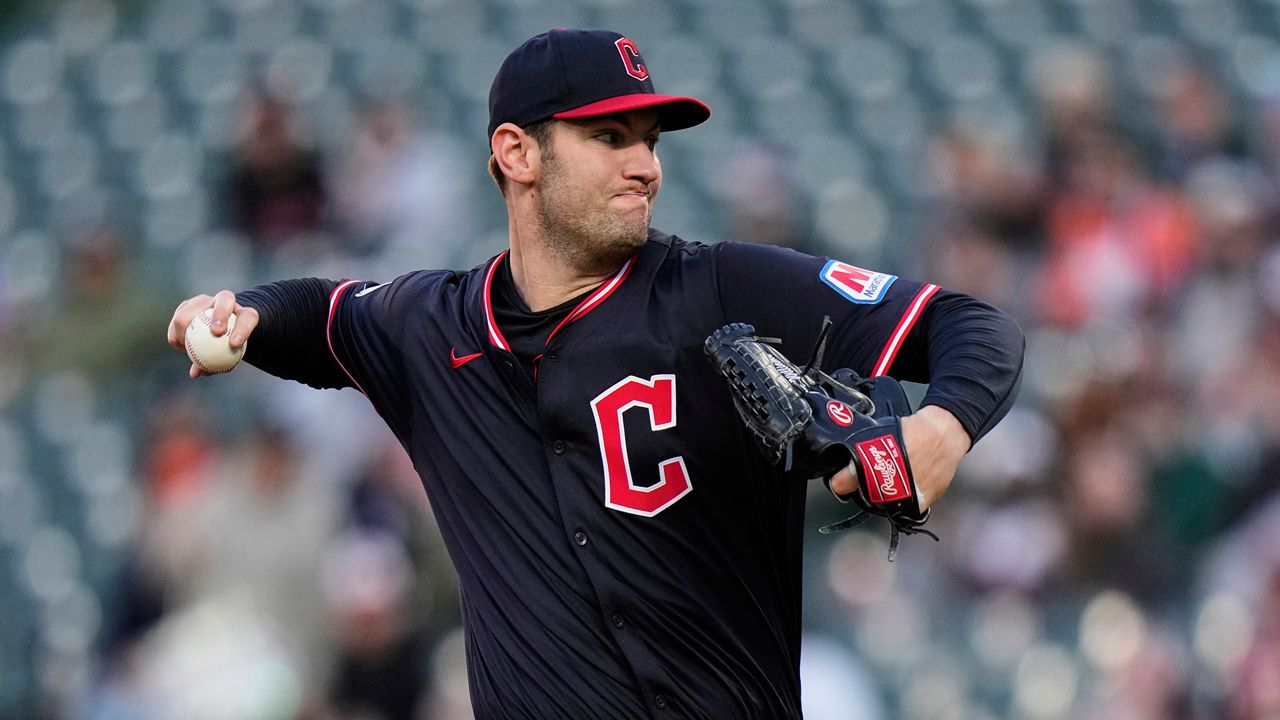CLEVELAND — UnBar Owner Melissa Garrett-Hirsch said her transactions are smaller than at a larger restaurant, since she’s usually selling coffee instead of a three-course meal. That means smaller tips as well.
She said a higher hourly wage would be a better way for her baristas to make more money.
"There’s all these categories of restaurants, right, so I’m the coffee shop/cafe," Garrett-Hirsch said. "So basically I pay my employees to be a part of a team, and I need to pay them so they can be — it has to be a livable wage."
She’s signed up to get a $5,000 grant from the City of Cleveland as a part of the city’s partnership with One Fair Wage and the High Road Restaurants Association. The goal is to increase hourly pay for service employees in the city. In exchange for the grant, participating restaurants agree to open up their books to One Fair Wage, so they can work out a wage structure. Hirsch said she has to pay higher wages to attract and retain talent.
“I’m competing with the Starbucks, the Dunkin’ Donuts," Garrett-Hirsch said. "That’s my competition. So if I want to get good baristas, I gotta pay them.”
The city has given out grants to 10 restaurants so far. John Barker is the president of the Ohio Restaurant Association. He said none of the restaurants that received the grants are members and wonders if increasing wages is sustainable, since he said most restaurants run on 4% to 7% profit margins.
“The payroll will be permanently higher if you sign up for this," Barker said. "The grant is a certain amount of money, and our concern is what happens when the grant runs out and the payroll is still significantly higher.”
Braveheart Gillani is a regular at UnBar. He said he likes how his support can keep employees paid the same, whether it’s busy or not.
“They’re getting like a single two-dollar coffee," Gillani said. "So even like a 40% tip on it is like two quarters. It’s hard to make that accumulate when there is low volume of customers coming through.”
Garrett-Hirsch has just rolled out a new evening wine bar service helping extend her hours.
“Even they will still be $15 an hour, even though we're expecting higher ticket prices," she said.
Garrett-Hirsch said she already pays above the state minimum wage, so this won’t be a big adjustment. She said the grant wasn’t about the money; it was about getting help adjusting her wage structure, which is part of the agreement for getting the grant.
"Five-thousand dollars. No one — I hope none of the other awardees are believing that that's how they’re gonna be sustainable," Garrett-Hirsch said. "As I said before, the education, the networking and some of the other things that they’re gonna help us with, that’s what we should be emphasizing.”
To get the grant, restaurants must commit to taking six hours of wage model training courses and report regularly on the results from implementing their new practices. A city hall spokesperson hinted that another round of grants may be given out in the future.










